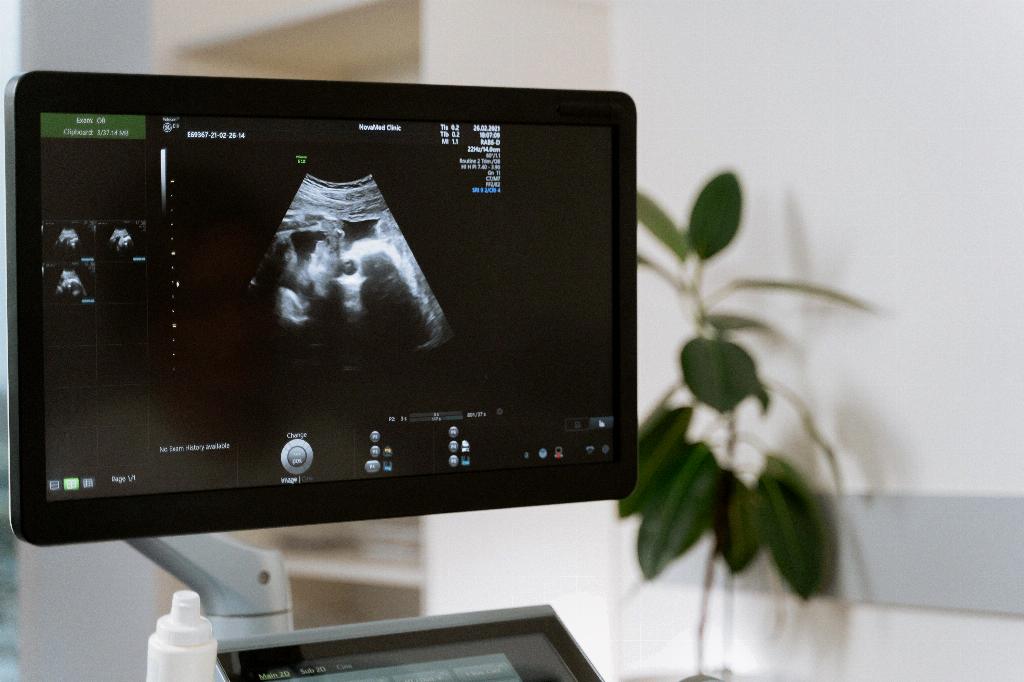Yeast infections during pregnancy can be a common concern for many women, with certain stages of pregnancy being more prone to this issue than others. The second trimester, in particular, is known for an increased likelihood of yeast infections. This is often due to hormonal changes and vaginal pH levels that create an environment conducive to yeast overgrowth.
Factors Contributing to Yeast Infections During Pregnancy
As pregnancy progresses, the body experiences various shifts in hormone levels, including an increase in estrogen. These hormonal changes can impact the balance of bacteria and yeast in the vaginal area, potentially leading to an overgrowth of yeast. Additionally, the second trimester is characterized by an increase in vaginal secretions, which can create a suitable environment for yeast to thrive.
Recognizing Symptoms of Yeast Infections
One of the hallmark signs of a yeast infection is the presence of a thick, white, cottage cheese-like discharge with a distinct odor. During pregnancy, it is not uncommon for women to experience an increase in vaginal discharge due to hormonal changes. However, if the discharge is accompanied by itching, burning, or irritation, it may indicate a yeast infection.
Seeking Medical Guidance
If you suspect that you have a yeast infection during pregnancy, it is important to consult with your healthcare provider for proper diagnosis and treatment. Self-diagnosis and treatment can be risky during pregnancy, as some over-the-counter antifungal medications may not be safe for use in pregnant women.
Preventive Measures
While yeast infections can be common during pregnancy, there are steps you can take to help prevent their occurrence. Maintaining good hygiene practices, wearing breathable cotton underwear, and avoiding douching can all help reduce the risk of developing a yeast infection.
Importance of Proper Care
Given the potential risks associated with untreated yeast infections during pregnancy, it is crucial to prioritize your vaginal health and seek prompt medical attention if you suspect an infection. Your healthcare provider can offer guidance on safe and effective treatment options that will not harm you or your baby.
Effects on Pregnancy
While yeast infections themselves are typically not harmful to pregnancy, the discomfort and symptoms they cause can impact your overall well-being. It is essential to address any vaginal infections promptly to prevent complications and ensure a healthy pregnancy.
Managing Discomfort
If you are experiencing itching or discomfort associated with a yeast infection during pregnancy, there are safe ways to alleviate symptoms. Your healthcare provider may recommend topical creams or suppositories that are deemed safe for use during pregnancy to help relieve discomfort.
Support and Education
Feeling overwhelmed or concerned about vaginal infections during pregnancy is entirely understandable. It is essential to seek support from your healthcare provider, who can offer reassurance, guidance, and appropriate treatment to address your specific needs.
Conclusion
In conclusion, yeast infections during pregnancy are commonly observed, with the second trimester being a period of increased susceptibility. By understanding the factors contributing to yeast infections, recognizing symptoms, seeking medical guidance, and taking preventive measures, you can effectively manage and address this common concern during pregnancy.

